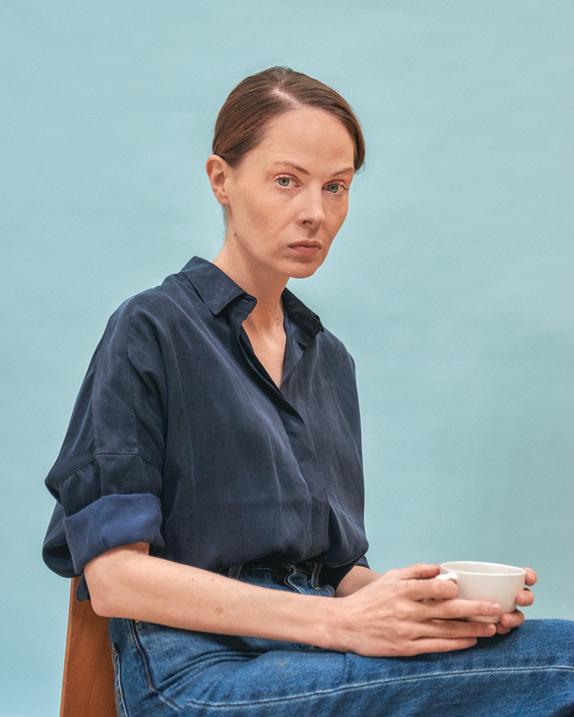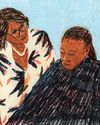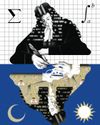
In the essay "Dreams of Her Real Self," the Australian writer Helen Garner performs the difficult task of honestly appraising her mother. Difficult because love and honesty may be at odds; it is discomfiting to outgrow your parents, to feel more intelligent or more sophisticated than they are, as if you were somehow robbing them of a gift that they already gave you. And careful observation can be so close to mockery: "She used to wear hats that pained me," Garner writes. "Shy little round beige felt hats with narrow brims.... And she stood with her feet close together, in sensible shoes." Garner admits that she finds it hard to get her mother into focus, in part because her overbearing father did such a good job of blocking the view, "as he blocked her horizon," and in part because her mother's hesitant self-effacement rendered her both genuinely obscure and obscurely irritating: "She seemed astonished that someone should be interested in her." To be her intellectual superior, Garner writes, "was unbearable." Yet she also admits to the guilty pleasure of refusing her mother the easy concessions that she knows will make her happy. An intimate portrait expands naturally into a social and political sketch: daughter and mother represent not only different generations but different examples of female ambition and opportunity.
Esta historia es de la edición February 13 - 20, 2023 (Double Issue) de The New Yorker.
Comience su prueba gratuita de Magzter GOLD de 7 días para acceder a miles de historias premium seleccionadas y a más de 9,000 revistas y periódicos.
Ya eres suscriptor ? Conectar
Esta historia es de la edición February 13 - 20, 2023 (Double Issue) de The New Yorker.
Comience su prueba gratuita de Magzter GOLD de 7 días para acceder a miles de historias premium seleccionadas y a más de 9,000 revistas y periódicos.
Ya eres suscriptor? Conectar

MEAN TIME
“Hard Truths.”

ENLIGHTEN ME
The secret beauty of mandalas.

THE BEST OF THEM
His was a genius for the ages. Will Gottfried Leibniz ever get his due?

DEATH CULT
Yukio Mishima’ tortured obsessions were his making—and his unmaking.

Prophecy
The night of Dev’s twenty-second birthday, he was invited to sit with the elders after dinner.

A TALE OF TWO DISTRICTS
Lauren Boebert and Colorado’s red-blue divide.

THE TIKTOK TRAIL
Andean migrants draw others to the U.S. with videos depicting themselves as living the American Dream.

LOVE AND THEFT
Did a best-selling romantasy novelist steal another writer's story?

OUR NEW TWO-FACTOR AUTHENTICATION SYSTEM
Our two-factor authentication system is expanding because text messages and e-mailed codes are becoming less secure. Also, we’re committed to making sure your log-in process is more of a hassle than it needs to be.

STILL PROCESSING
Why is the American diet so deadly?